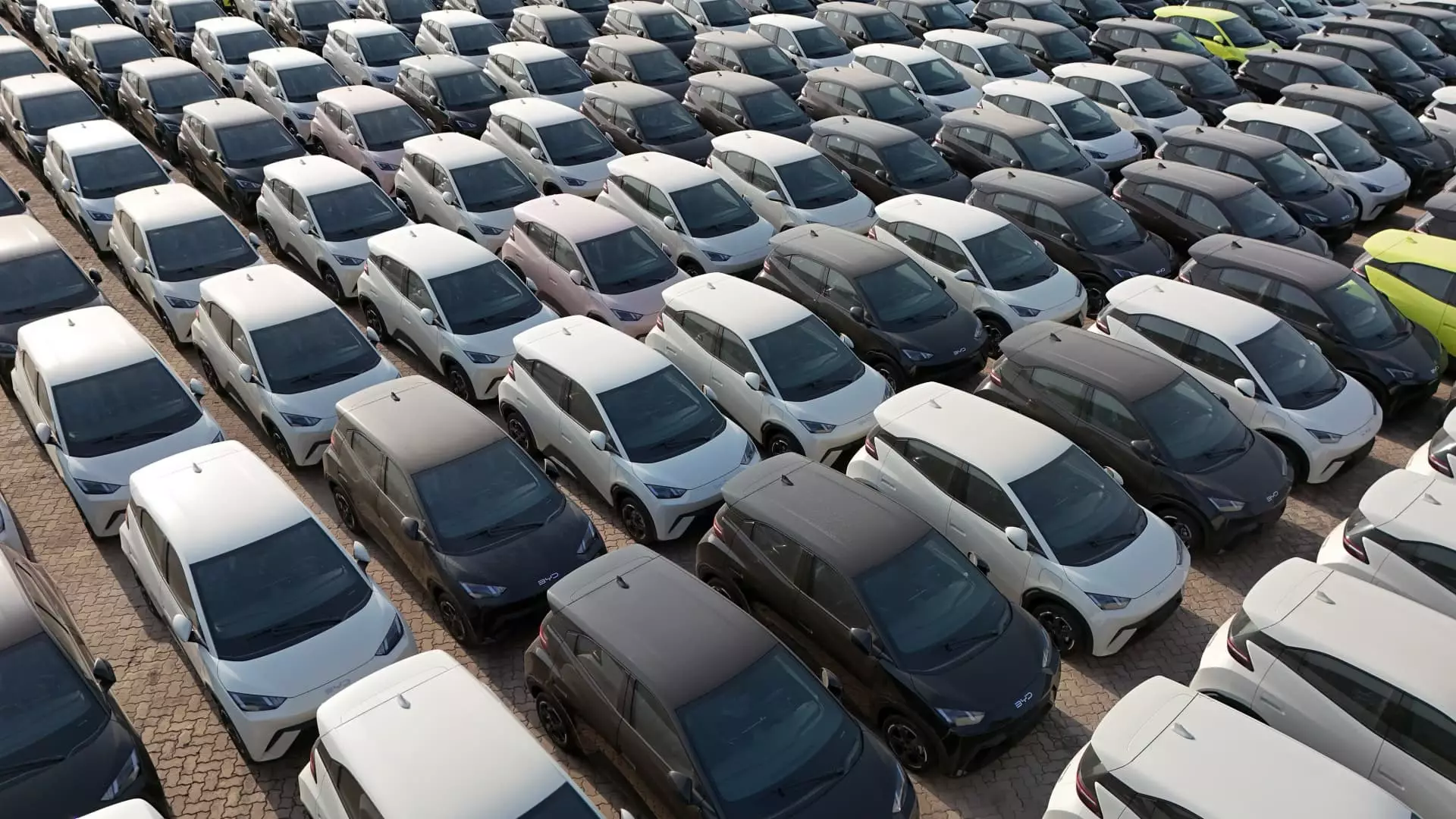The recent decision by the European Union to lower tariffs on electric vehicle imports from China has sparked a strong reaction from the Chinese government. The Ministry of Commerce in China has criticized the EU for what it views as unfair competition practices and pre-set conclusions regarding China’s subsidies for its electric vehicle industry. This move has heightened tensions between the two economic powers and raised concerns about the future of trade relations.
The European Commission’s decision to lower import duties on electric vehicle manufacturers, including Tesla, importing cars into the EU from China has been met with mixed reactions. While the tariffs on Tesla were set at 9%, lower than expected, the overall implications of these tariffs on the global automotive industry remain uncertain. The EU’s aim to combat what it perceives as distortions in competition stemming from China’s generous subsidies has led to a series of trade disputes and disagreements between the two entities.
China’s Response to the EU’s Actions
In response to the EU’s decision, the Chinese Commerce Ministry has vowed to take all necessary measures to defend the interests of Chinese companies. China has provided extensive legal documents and evidence to support its position that the EU’s tariffs are unjust and will disrupt the global automotive industry supply chain. The Ministry expressed disappointment that the EU did not fully consider China’s opinions and accused the EU of unilaterally identifying facts without consensus from both parties. These accusations have further fueled tensions and cast a shadow over potential future trade negotiations between China and the EU.
The ongoing trade disputes between China and the EU raise concerns about the future of trade relations and cooperation between the two economic giants. As both parties engage in a war of words and trade barriers, the global automotive industry stands to be significantly impacted. The implications of these tariffs reach far beyond the realm of electric vehicles and threaten to disrupt the stability of the supply chain on a global scale. It is imperative for both China and the EU to seek a resolution to these disputes and avoid an escalation of trade frictions that could have far-reaching consequences for the global economy.
The EU’s decision to impose tariffs on Chinese electric vehicle imports has sparked a contentious debate between the two economic powers. The implications of these tariffs on the global automotive industry and trade relations remain uncertain, but one thing is clear – the escalating tensions between China and the EU will have far-reaching consequences that could shape the future of international trade dynamics.

